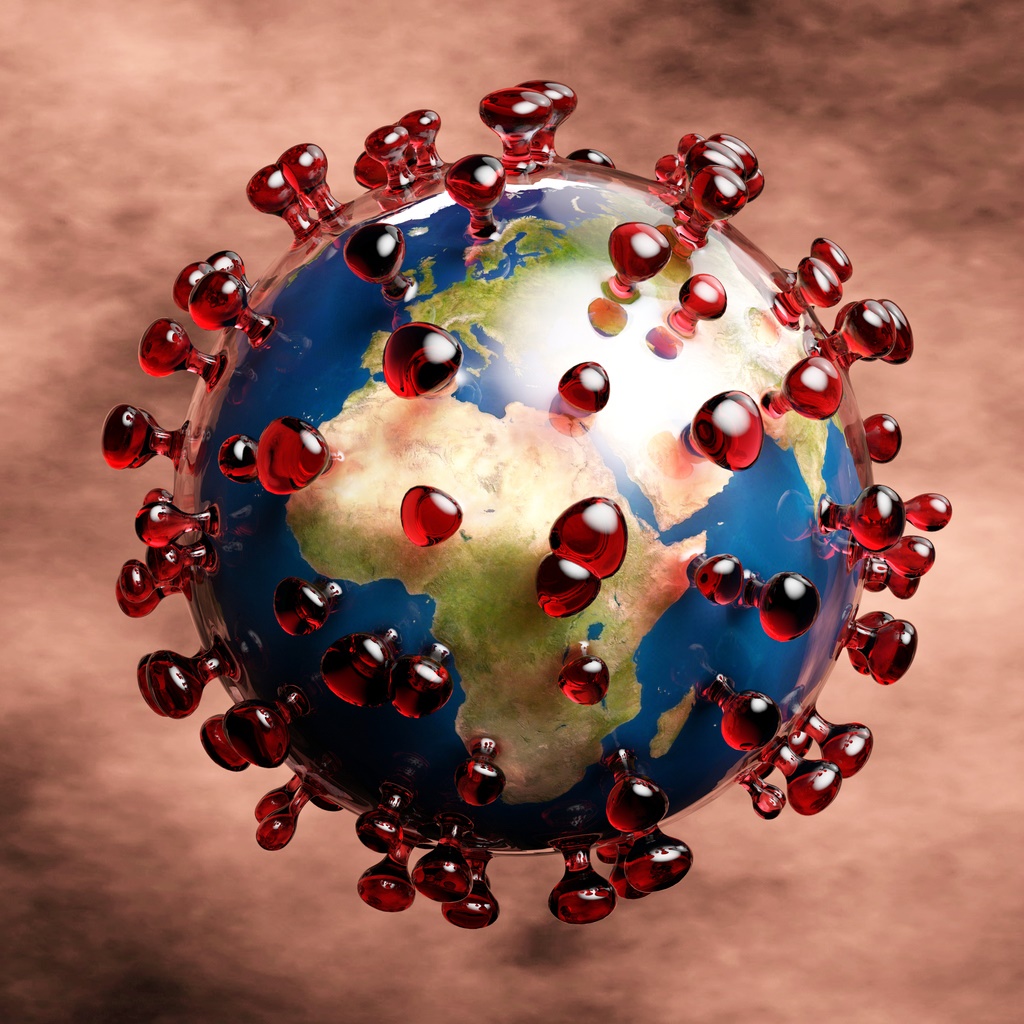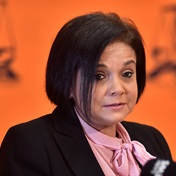
Africa still has a small window to contain the spread of the Covid-19 coronavirus as most of the reported cases are still imported rather than local transmissions.
It is crucial that rigorous contact tracing happens and that isolation is imposed on those infected as soon as possible.
This is according to Dr Matshidiso Moeti, the World Health Organisation’s Africa regional director, who was a part of a panel answering questions and giving a continental update on the outbreak of the Covid-19 pandemic on Thursday.
“The situation is evolving rapidly. The virus was first detected in 10 countries with an average of 50 cases a day. This has risen to 40 countries and 300 new cases a day.
“The imperative is to work to contain the spread [of the pandemic]. Governments must identify those infected and isolate them. They must also trace those that were in contact, test and isolate them as well.”
Moeti said the continent must be prepared for a broader expansion of the virus and the pandemic could only be contained if governments encouraged public health interventions.
There should also be “humanitarian corridors” that allow the free flow of food, medical supplies and personnel between countries, to ease the pressure that will be felt by all involved.
When asked what progress had been made in Africa towards the development of a vaccine, Professor Samba Sow, the director general of the Centre for Vaccine Development in Mali, said there is currently neither a treatment nor a vaccine for Covid-19.
“There is no treatment. There are currently up to 30 candidate vaccines being developed but the timeline is anywhere from 12 months to 18 months before a vaccine is ready. Trials have started, phase one has been completed and we are awaiting the results,” Sambo said.
Asked if there were any countries in Africa that the WHO was particularly worried about, Moeti said countries such as Kenya and Ethiopia were leading the charge in policy formulation and implementation in the their efforts to curb the pandemic.
She said there was a need for political commitment to fight the pandemic and that this commitment would allow for various mechanisms to be put in place.
“The diagnostic capabilities of 44 countries have been ramped up, this includes point of entry screening and testing. However, smaller countries just do not have the developmental capacity. This is where key ministers must pull in capacity and mitigate against some key effects.
“International health regulation capacity has improved, but no country has all it needs to combat the virus. We can see this playing out in developed economies as well, where there is shortage of ventilators and protective equipment.
“There are some businesspeople in China [such as Jack Ma] who are assisting the continent with the capacity it needs. This is vital at this time,” Moeti said.
Sambo also highlighted the cultural differences across the continent and how not all the rules were applicable to all people.
For example, in Mali there are families with more than 100 people in a household, and lockdowns in such cases could be counter-productive.
This meant that emergency responses needed to be flexible, adaptive and work according to cultural needs.
Dr John Nkengasong, the director of the African Centres for Disease Control and Prevention, echoed the same sentiment.
He said there could be no easy answer to communities and solutions must apply to individual cultural needs.
He stressed, however, that all tools must be available and that authorities must work closely with communities.
“Countries must carefully consider who is coming in and [emphasise] that social distancing is absolutely crucial,” said Moeti.
On the mixed messages concerning the effects of the virus on those living with HIV, Moeti said: “We do not know at this stage. What we do know is that there is a relationship with influenza.”
The shortage of test kits was also being addressed, with China working hard to produce the latest kits.
“It is a challenge globally. Global solidarity is needed,” said Moeti.
 | ||||||||||||||||||||||||||
Get in touchCity Press | ||||||||||||||||||||||||||
| ||||||||||||||||||||||||||
| Rise above the clutter | Choose your news | City Press in your inbox | ||||||||||||||||||||||||||
| City Press is an agenda-setting South African news brand that publishes across platforms. Its flagship print edition is distributed on a Sunday. |




 Publications
Publications
 Partners
Partners








